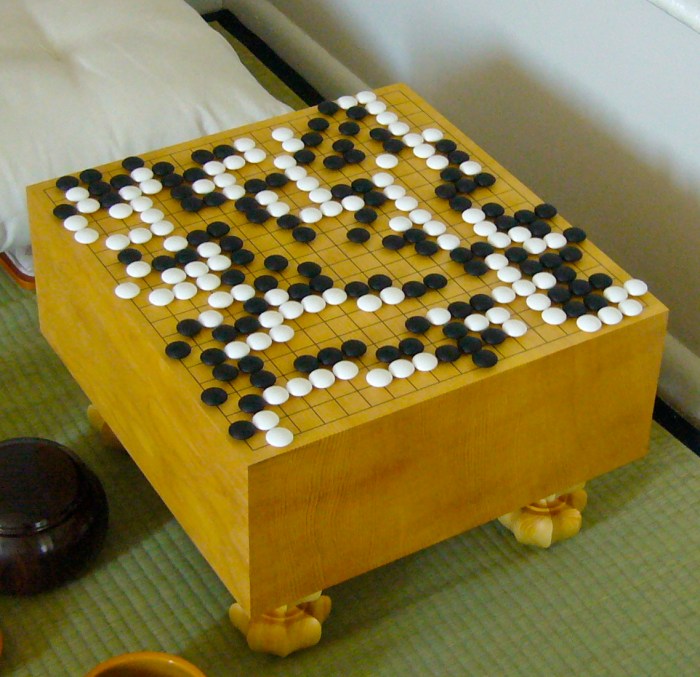Video games in korean – Immerse yourself in the captivating world of video games in Korea, where they have ascended beyond mere entertainment to become a cultural cornerstone. From the bustling streets of Seoul to the vibrant gaming cafes, video games have woven their way into the fabric of Korean society, shaping its identity and captivating the hearts of millions.
In this comprehensive exploration, we delve into the vibrant Korean video game industry, uncovering its key players, popular genres, and the rise of eSports. We also examine the profound impact video games have had on Korean culture, exploring their social, ethical, and societal implications.
Join us as we unravel the captivating story of video games in Korea.
Overview of Video Games in Korea

Video games have become an integral part of South Korean culture, with the country boasting one of the world’s largest and most vibrant video game industries. The industry has experienced tremendous growth in recent years, driven by the popularity of online games and the rise of eSports.
According to data from the Korea Creative Content Agency (KOCCA), the Korean video game industry generated revenue of over $17 billion in 2021, making it the fifth-largest video game market globally. The industry is also a major contributor to the country’s economy, employing over 100,000 people and accounting for approximately 2% of GDP.
The cultural impact of video games in Korea is also significant. Video games have become a common form of entertainment, with over 90% of South Koreans playing video games on a regular basis. Video games have also influenced other aspects of Korean culture, such as fashion, music, and language.
Key Players in the Korean Video Game Industry
The Korean video game industry is dominated by a few major companies, including Nexon, NCSoft, and Krafton. These companies have a significant market share and are responsible for some of the most popular video games in Korea.
- Nexon: Nexon is one of the largest video game companies in the world, with over 1 billion registered users. The company is known for its popular online games, such as MapleStory and Dungeon Fighter Online.
- NCSoft: NCSoft is another major player in the Korean video game industry. The company is known for its MMORPGs, such as Lineage and Guild Wars 2.
- Krafton: Krafton is a relatively new player in the Korean video game industry, but it has quickly become one of the most successful. The company is known for its battle royale game, PUBG: Battlegrounds.
Popular Video Game Genres in Korea
The most popular video game genres in Korea include MMORPGs, MOBAs, and FPS games. These genres are popular for a variety of reasons, including their competitive nature, social interaction, and immersive gameplay.
- MMORPGs: MMORPGs are massively multiplayer online role-playing games that allow players to interact with each other in a virtual world. MMORPGs are popular in Korea because they offer a sense of community and allow players to socialize with others.
- MOBAs: MOBAs are multiplayer online battle arena games that pit two teams of players against each other in a battle to destroy the other team’s base. MOBAs are popular in Korea because they are fast-paced and competitive.
- FPS games: FPS games are first-person shooter games that put players in the role of a soldier or other character who must fight against enemies. FPS games are popular in Korea because they are exciting and action-packed.
eSports and Competitive Gaming in Korea
eSports has become a major phenomenon in Korea, with the country hosting some of the world’s largest and most prestigious eSports tournaments. Korean gamers are known for their skill and dedication, and they have won numerous international eSports championships.
The rise of eSports in Korea has been driven by a number of factors, including the popularity of video games in the country, the government’s support for eSports, and the development of a strong training and development system for professional gamers.
Impact of Video Games on Korean Culture, Video games in korean
Video games have had a significant impact on Korean culture. Video games have become a common form of entertainment, and they have also influenced other aspects of Korean culture, such as fashion, music, and language.
Video games have also been used to promote Korean culture around the world. For example, the game StarCraft: Brood War is considered a national pastime in Korea, and it has helped to spread Korean culture to other countries.
Future Trends in the Korean Video Game Industry
The Korean video game industry is expected to continue to grow in the coming years. The industry is expected to be driven by the growth of mobile gaming, the development of new technologies, and the increasing popularity of eSports.
Some of the key trends that are expected to shape the future of the Korean video game industry include:
- The growth of mobile gaming: Mobile gaming is expected to continue to grow in popularity in Korea, as more and more people own smartphones and tablets.
- The development of new technologies: New technologies, such as virtual reality and augmented reality, are expected to have a major impact on the video game industry. These technologies will allow for more immersive and realistic gaming experiences.
- The increasing popularity of eSports: eSports is expected to continue to grow in popularity in Korea, as more and more people watch and participate in eSports tournaments.
Popular Questions: Video Games In Korean
What are the most popular video game genres in Korea?
MMORPGs, MOBAs, and FPS games are among the most beloved genres in Korea, captivating players with their immersive gameplay, competitive nature, and social aspects.
How has eSports influenced Korean culture?
eSports has become a national pastime in Korea, fostering a sense of community, inspiring young gamers, and showcasing the country’s technological prowess on a global stage.
What is the impact of video games on Korean youth culture?
Video games have become an integral part of Korean youth culture, shaping their social interactions, entertainment preferences, and even career aspirations.



